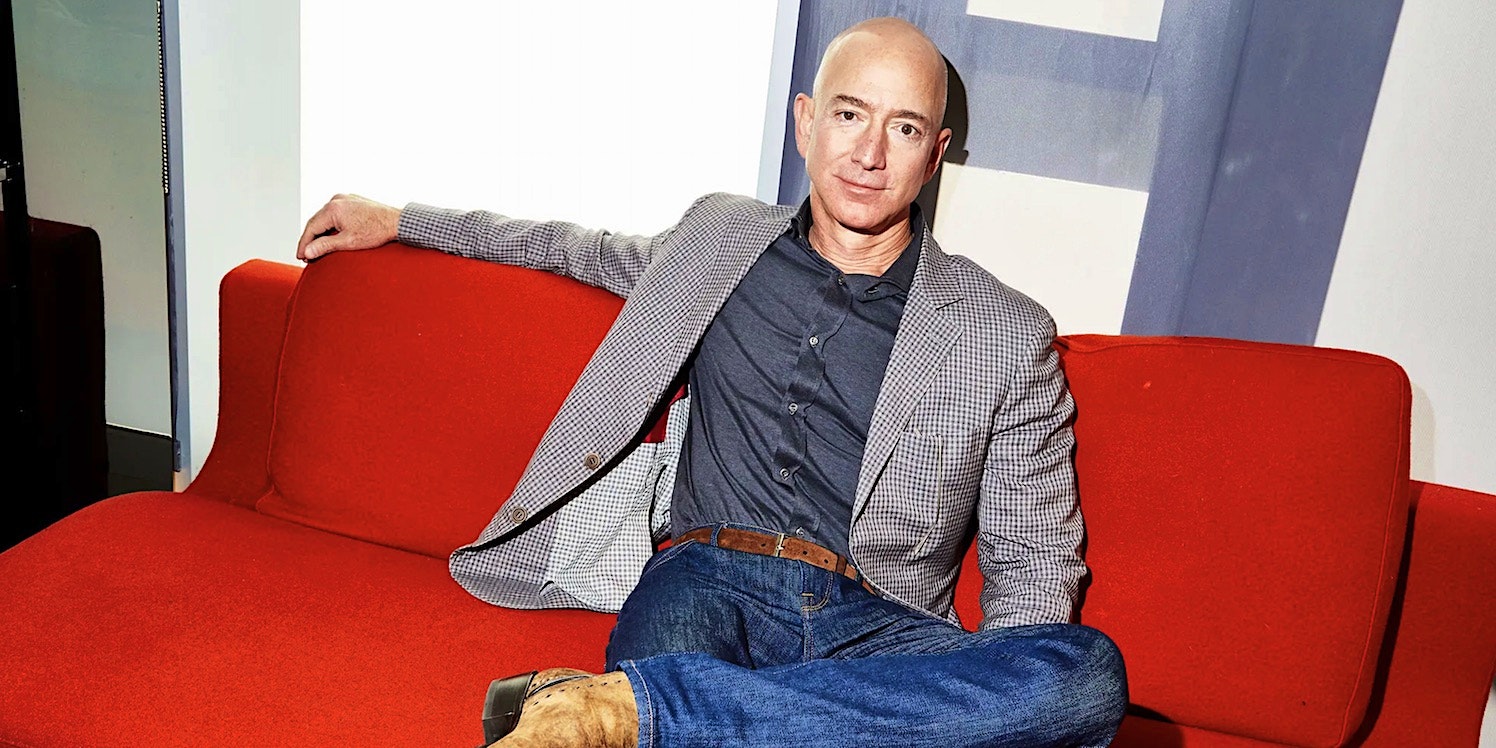What's Not Going To Change

I very frequently get the question: “What’s going to change in the next 10 years?” That’s a very interesting question.
I almost never get the question: “What’s not going to change in the next 10 years?” And I submit to you that that second question is actually the more important of the two.
You can build a business strategy around the things that are stable in time. In our retail business, we know that customers want low prices, and I know that’s going to be true 10 years from now. They want fast delivery; they want vast selection. It’s impossible to imagine a future 10 years from now where a customer comes up and says, “Jeff I love Amazon, I just wish the prices were a little higher.” Or, “I love Amazon, I just wish you’d deliver a little slower.” Impossible.
So we know the energy we put into these things today will still be paying off dividends for our customers 10 years from now. When you have something that you know is true, even over the long term, you can afford to put a lot of energy into it.
— Jeff Bezos
This might seem heretical to venture capital. Change often creates bursts of opportunity. From a VC perspective things that change the world are amazing. They can fuel massive growth. For example, Andreessen Horowitz founder Marc Andreessen was once asked how his investment style compared with Warren Buffett. He replied:
[Warren is] betting against change. We’re betting for change. When he makes a mistake, it’s because something changes that he didn’t expect. When we make a mistake, it’s because something doesn’t change that we thought would. We could not be more different in that way.
Buffett has owned GEICO stock since 1951. During that time the company went from exclusively selling auto insurance to government employees in cafeterias, to selling several kinds of insurance to everyone on their iPhones. These are not small changes. But one thing stayed the same, which is that an insurance company selling directly would have a cost (and potentially a convenience advantage) over using brokers. That’s been the driver of Buffett’s GEICO bet for 66 years. It’s timeless.
Recently, Andreessen Horowitz partner Frank Chen spoke about two trends in insurance startups. One is better software. “Software will rewrite the entire way we buy and experience our insurance products,” he said. Second is capital structure. “We expect to see more crowdsourced insurance companies … it should be a cheaper way to pool capital.” Both innovations promise lower cost and added convenience. Which is as timeless as GEICO’s edge.
Growing up, I was lucky to live near one of the early In-N-Out Burger locations in the San Gabriel valley. I probably had my first Double-Double when I was twelve or thirteen years old. I honestly believed the menu had not changed at all since then - but after doing some research, it has. In 2018 In-N-Out added hot cocoa to the menu. The last time anything changed on the menu was when they added lemonade fifteen years earlier. Unlike some public companies In-N-Out has never complicated it's menu - not with chicken, and definitely not with salads. I wish they were a public company, I'd love to have invested 20 or 30 years ago.
In late 2009 the global economy was crippled from the sub-prime financial crisis. I heard a story about Warren Buffet's view. He was asked:
“It’s so bad right now. How does the economy ever bounce back from this?”
Warren said: “Do you know what the best-selling candy bar was in 1962?”
“No”
“Snickers” said Warren.
“And do you know what the best-selling candy bar is today?” Warren said.
“No”
“Snickers” said Warren.
Warren was saying that some things haven't changed (and thus are great bets over time). Maybe all of the focus today on "innovation" and "change" in companies today is a little bit overwrought? Maybe we need a little more of Warren's perspective - what are we doing right that we shouldn't change?
Consider that every sustainable business is accompanied by a handful of timeless strategies:
- Fair prices for a good product.
- More choice.
- More comfort.
- More convenience.
- Greater control over your time.
- Greater transparency.
- Less collateral damage to the planet.
- Deeper human interactions.
- Higher social status.
- Increased confidence and trust.
Make big, long-term bets on these things - people will care about them long into the future. What is something that you know is true over the long term that you can afford to put a lot of energy into?
